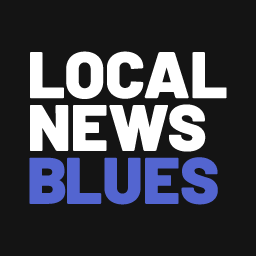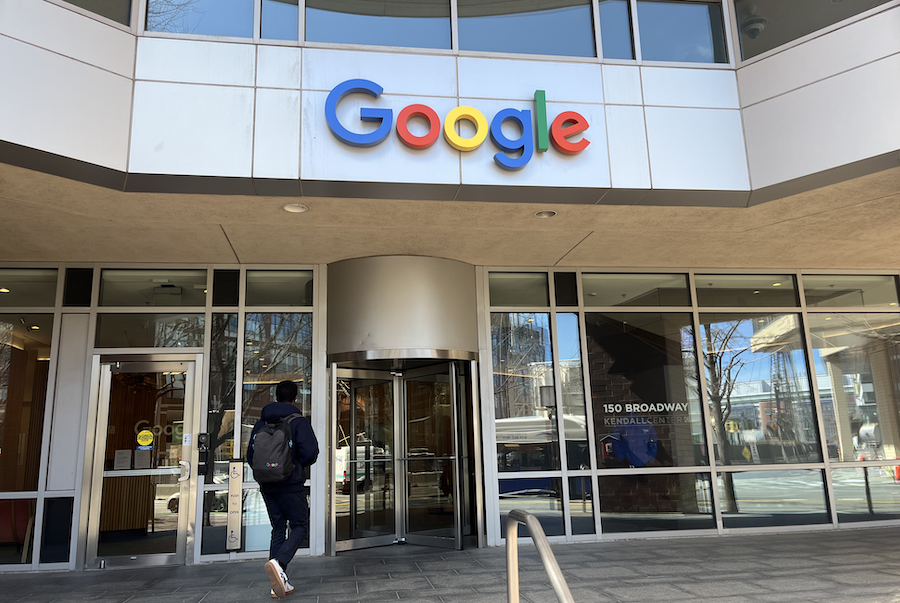Here’s what we learned.

Local News Blues
Editor’s Note: InDepthNH.org belongs to the Institute for Nonprofit News (INN), LION Publishers, NH Center for Nonprofits and the Alliance of Nonprofit News Outlets (ANNO). We encourage our New Hampshire readers to keep abreast of the changes happening in the delivery of news because they affect all of us and the future of democracy. Oddly enough, there is a lot of fake news about the news business, or at least a lot of misinformation out there about how to save local news. We recommend signing up for Alice Dreger‘s Local News Blues, Dick Tofel‘s Second Rough Draft and Dan Kennedy‘s Media Nation for starters because of their thoughtful insights and many years of experience. And of course we encourage you to keep reading InDepthNH.org because we believe we are the future of news in New Hampshire. And we love working for you! — Thanks Nancy West
By Alice Dreger
While many local news organizations are struggling financially to survive, some of the nonprofit and for-profit national corporations that provide support to them have done just fine, expanding their budgets and increasing their staffs. Tone-deaf celebratory announcements from them (“We’ve hired more people!”) have caused more than a few cries of frustration from news publishers trying to make ends meet.
“What are they doing with the money?” has become a frequent lament.
So, we thought we’d try to find out in two particular cases, namely the Google News Initiative (GNI) funding provided to INN and LION Publishers, the two nonprofit “member” organizations to which hundreds of local news providers belong.
First, we should note that INN and LION decided to do different things with the millions received from GNI.
While both INN and LION set up programming newsrooms were required to complete to obtain grants of $20,000, INN set up a “Fundamentals Lab” which has at its heart a series of webinars taught by Google staff. Google staff use the opportunity to share “best practices” that often – you guessed it – include using Google products, some of which cost money. The webinars have been described by participants as something like those free-lunch timeshare pitches, although, because they’re virtual, you don’t get to try the chicken salad or the tapioca pudding.
LION decided to plug its big Google cash infusion into its already existing “Sustainability Audits” program, which pairs newsrooms with hired experts to “identify and respond constructively to roadblocks within their organizations.”
LION had previously offered $6,000 for participation and had to limit it relatively narrowly. But the GNI money meant LION went from 100 newsrooms obtaining audits and $6,000 each to 360 newsrooms obtaining audits and $20,000 each, according to Chris Krewson, LION’s Executive Director.
Anecdotally, news publishers tell Local News Blues the LION audits are extremely helpful; participants don’t complain about the requirement to complete the LION process to get the money.
Many do, by contrast, complain about the Google-led webinars required by INN’s program, saying they would much prefer those webinars were opt-in.
Asked by me for figures on what they took in gross via GNI and what they have meted out net, INN answered with transparency.
According to INN Communications Director Sharene Azimi, “The Google News Initiative contracted with INN for up to $8,184,000 million dollars, creating pass-through grants of $20,000 for up to 372 members who participate in the training program and allocating 9% ($744,000) to INN for program management. To date, 116 INN members have participated in this program and about 200 have applied.”
Azimi added that, “of the $744,000 INN could receive if it meets all the metrics in the contract with GNI, about 25% is being invested directly in the [INN] membership to support travel stipends to various events and coaches to help members address sustainability challenges.”
Which INN members will obtain those travel stipends and coaches is decided by INN: “applications are typically open to all members, but where resources are limited, INN has to make a judgment call as to who most needs the support,” Azimi wrote in response to follow-up questions.
What is INN doing with the remaining approximately $550,000 taken off the top of GNI?
That’s going to “administration of the program, including funds for software to administer the application process; part-time personnel to manage the applications and issue the payments; increased audit fees [for INN’s own financial audit] because the one-time payments increase INN’s total budget, which affects the price of our audit, with the balance going to INN’s general operating budget, which supports everything else.”
LION’s Krewson indicated he could not respond to my questions about how much his organization is getting from GNI and how much it is netting.
“I’m sorry not to answer,” Krewson said, “but Google requires confidentiality around our contracts with them.”
Presumably LION’s 990s will eventually reveal the answer about the gross. Meanwhile, we can guesstimate how much is going to member organizations, as Krewson names 360 members obtaining $20,000 each, a figure that comes to $7.2 million. (By comparison, based on the figures from Azimi, INN’s GNI grants total about $7.4 million.)
Asked about staffing for LION’s GNI programming, Krewson said, “We did not hire any new full-time staff to support this work because we primarily rely on external Audit analysts to complete the Audits. We dropped a program – there is no cohort-based Lab at LION in 2024, unlike in previous years. We also tightened our processes, and we added 15 coaches/analysts to meet this increase.”
Like Azimi, Krewson hastened to indicate that some of the GNI overhead benefits members financially: “LION also uses some of the overhead we ask for from funders to keep member rates low – our most popular tier, for our smallest members, is $140 per year, often forgiven if they don’t earn more than $5,000 in revenue. We also heavily subsidize things like tickets at our events – $65 for an early-bird rate for a conference is well below industry norms.”
Google’s announcement of this GNI funding in June 2023 indicated that similar grants were going out to the National Newspaper Publishers Association, the National Association of Hispanic Publications, and the Association of Alternative Newsmedia. We’ll be reaching out to ask those organizations about how much they grossed, netted, and what they did with the money.
By the way, some newsrooms that are members of both LION and INN have managed to score both sets of $20,000 grants, a real shot in the arm for small operations.
But don’t expect lots more money to be coming from Google…unless, that is, the company is getting such bad press it needs to spread around more “good will” to journalists.
Let’s not call it “hush money.” Too awkward, right?
Alice Dreger is a journalist, historian, and the publisher of Local News Blues. She founded East Lansing Info, a nonprofit digital investigative news service, and ran the operation for about ten years. Read more at the Local News Blues contributors page.






